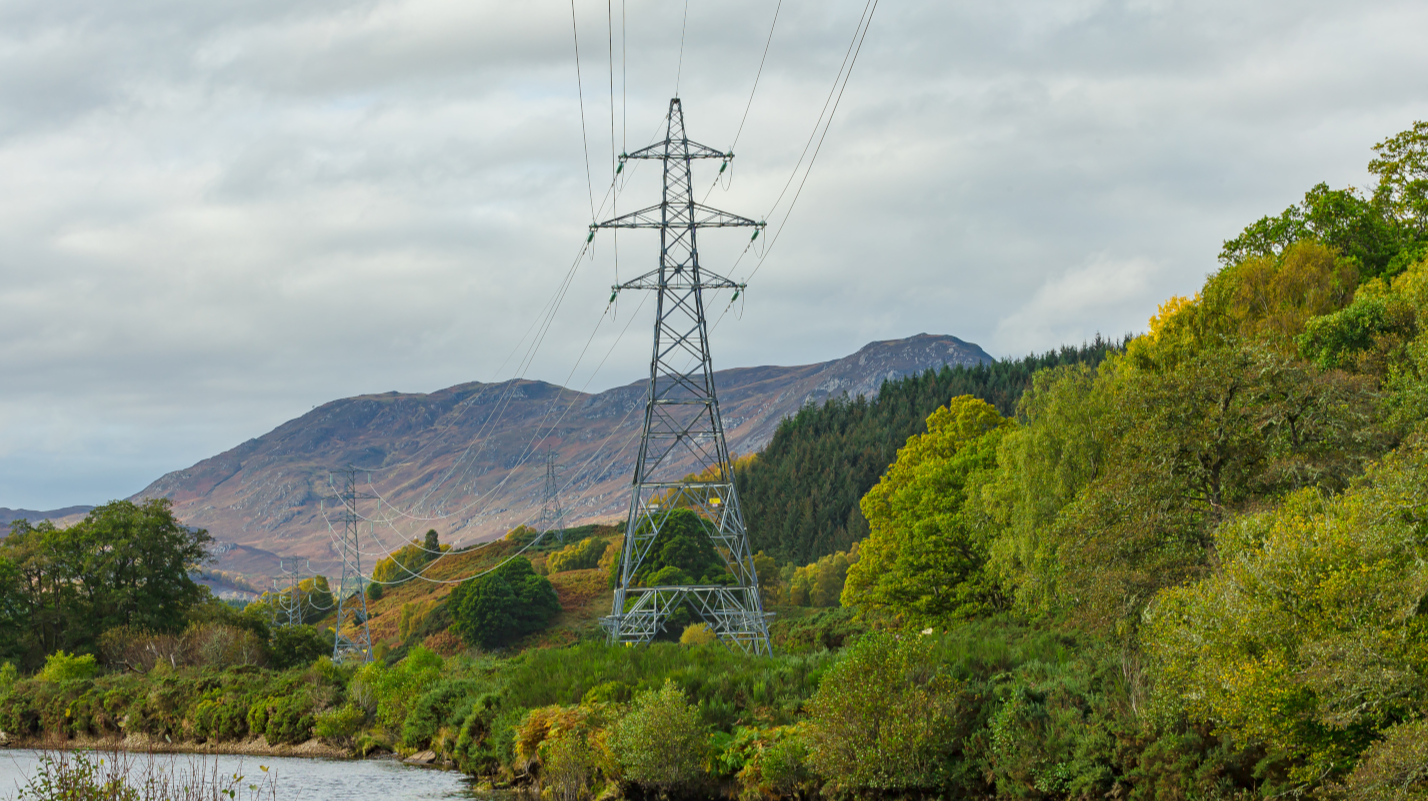DUBAI: The COP28 climate summit was hurtling towards overtime on Tuesday (Dec 12), with negotiators awaiting a new draft deal after many countries criticised a previous version as too weak because it omitted a "phase-out" of fossil fuels.
COP28 Director General Majid Al Suwaidi said the draft, released on Monday after nearly two weeks of talks, was meant to draw parties into the open and "spark conversations" as they aim to agree on a final deal by the summit's end.
"By releasing our first draft of the text, we got parties to come to us quickly with those red lines," he told reporters.
Negotiators from the nearly 200 countries at the Dubai summit are attempting to agree on a global plan of action to limit climate change fast enough to avert more disastrous flooding, fatal heat and irreversible changes to the world's ecosystems.
Al Suwaidi said the COP28 presidency, currently held by the United Arab Emirates, was aiming for a "historic" result that included mentioning fossil fuels - but that it was up to countries to agree.
Deals at UN climate summits must be passed by consensus. Then it is up to individual countries to deliver on the deal, through national policies and investments.
"At this COP we are trying to do something that has never been done before, something historic ... Part of this is to include fossil fuels in the text. If we can, that would be historic," he said.
The draft released on Monday touched off a firestorm of discussions that ran overnight into early Tuesday. The text had suggested eight options countries "could" take to cut emissions.
One was "reducing both consumption and production of fossil fuels, in a just, orderly and equitable manner so as to achieve net zero by, before, or around 2050".
That would be the first time in history that a UN climate summit has mentioned reducing use of all "fossil fuels".
But the move fell short of the "phase-out" of coal, oil and gas demanded by many nations, or the emphasis on cutting their use this decade, which scientists say must happen to avoid climate change escalating.
 Pages you might like
Pages you might like








 Latest information
Latest information
 Follow official account
Follow official account
 Online support
Online support
 鄂ICP备2022017323号
鄂ICP备2022017323号
 鄂公网安备 42018502006493
鄂公网安备 42018502006493
 Launch Exhibition
Launch Exhibition
 Release information
Release information



 Today's topic
Today's topic








